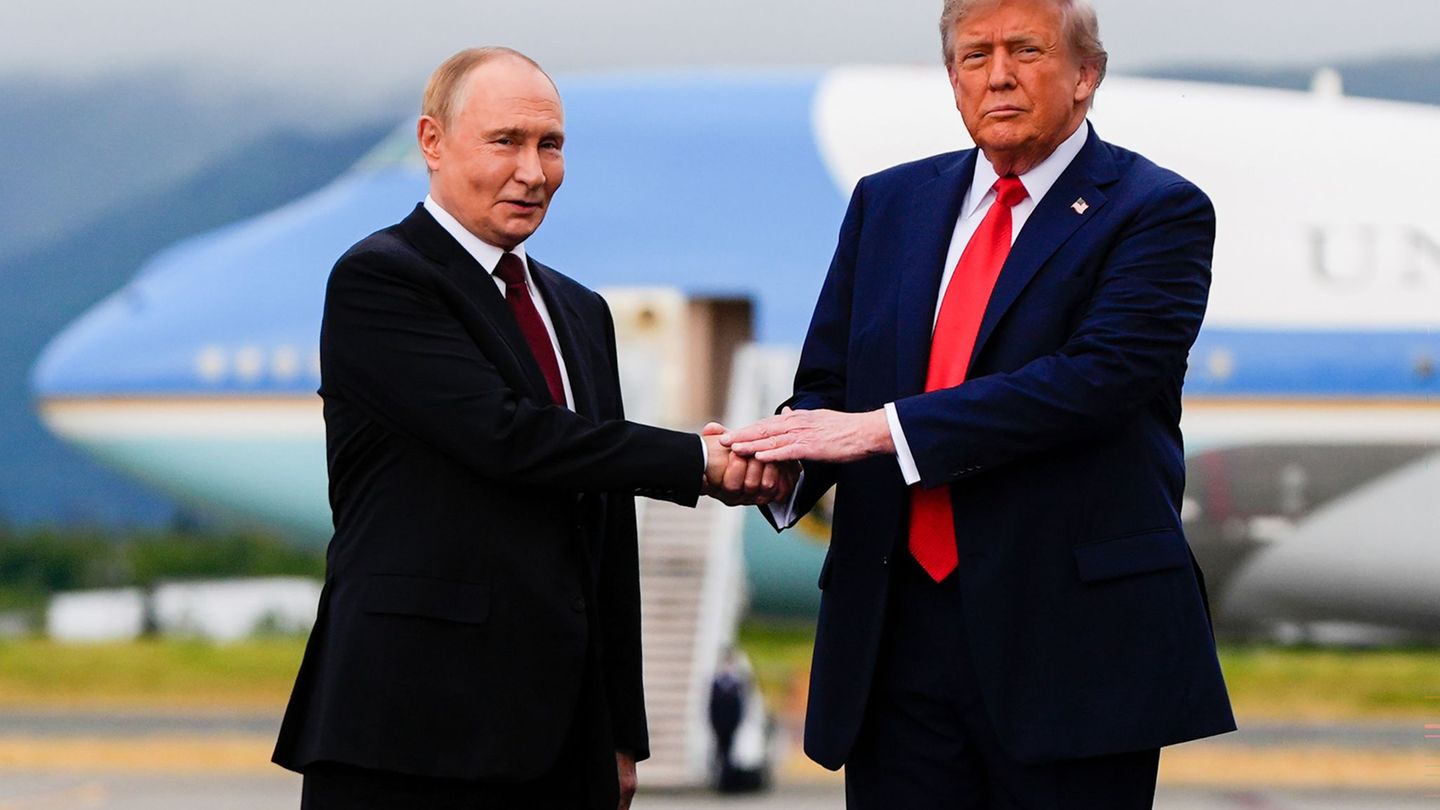After years of haggling, Lufthansa is about to join Italy’s state airline Ita. The main focus of the negotiations is to limit state influence.
Italy has been the country of longing for German airline managers for decades, without this love having been greatly returned. But now there are increasing signals in Frankfurt and Rome that the Lufthansa Group could very soon join the state airline Ita. In the airline monopoly after the Corona crisis has been overcome, the Alitalia successor seems to be an attractive target. According to Accenture consultant Andreas Jahnke, “Bella Italia” is not only an attractive destination for travelers from all over the world, but also a lucrative and lucrative starting market.
Even before Christmas, the new right-wing government under Giorgia Meloni rolled out the carpet for the Kranich group. According to the decree, Ita should only go to an aviation company that, even with a minority stake, will have full control of the operational business. After that, it was repeatedly rumored in the media that Lufthansa could initially bid for a share of around 40 percent. Amounts between 200 and 350 million euros are under discussion.
Lufthansa boss Carsten Spohr was probably happy to hear the government’s concessions, but ultimately the Germans in politically fickle Italy want more. Ideally, a watertight agreement on how to take over the remaining shares – or a comfortable exit clause. Jahnke says: “You also have to keep an eye on the risks of changing political constellations in Italy and possible departure from earlier commitments. A better solution would therefore be the complete takeover and exemption from any interference by the Italian state.”
High-volume market
Italy’s ex-prime minister Mario Draghi once described the legendary Ita predecessor Alitalia as “expensive relatives” who are still not to be dropped. In fact, the Pope’s exclusive airline has been ailing for decades. It had not reported a profit since 2002 and was last in bankruptcy in 2017. In addition to billions in subsidies, which were repeatedly approved, investor funds from the Arab Etihad and Air France-KLM also seeped away.
The successor Ita, which has been active since October 2021, has been spruced up by the state after several Alitalia bankruptcies, but is currently only making losses. Only a good quarter of the employees remained on board, the Airbus fleet of 66 aircraft is to be extensively renewed and expanded to 104 jets. Ita recently wanted to hire around 1,200 new employees and would then be larger than the largest and most lucrative Lufthansa subsidiary Swiss to date.
The market south of the Alps is one of the top-selling in Europe. Spohr’s predecessor, Wolfgang Mayrhuber, had already tried in 2009 to establish the newly founded “Lufthansa Italia” against Alitalia, which had just been privatized at the time. After high losses, only the Lufthansa subsidiary Air Dolomiti remained in 2011 to suck transfer passengers from rich northern Italy to Munich. Not without success: After the USA, Italy is the second most important foreign market for Lufthansa, as Spohr always emphasizes. Even before the takeover that was now looming, the crane had flown more passengers from the USA to Italy than to Germany.
Lufthansa has certainly never been closer to entering Italy, says Prologis consultant Jürgen Krumtünger. From his point of view, Spohr should only take the risk with a majority stake in order to be able to “seriously tackle the reforms that are really necessary and the overdue restructuring of the ITA”. He must refrain from political influences that are too demanding because Lufthansa can no longer afford a new grave of millions after the Corona years.
One thing that speaks in favor of Lufthansa is that the group has already integrated former state companies into its multi-hub system in the past: after the restructuring, Swiss has become the earnings pearl among the Lufthansa subsidiaries. Austrian and the Belgian Sabena successor Brussels Airlines were not simply scrapped either: the airports in Vienna, Zurich and Brussels also retained many long-haul flights.
By the way, Brussels Airlines took over the Frankfurt company in a two-stage process, which could now possibly also be planned in Italy. With the first 45 percent, the group received an option to acquire the remaining shares at a later date. The Belgian company has been fully owned by Lufthansa since 2017.
Spohr advertised that in the event of an Ita takeover, Rome would remain as a hub, especially to Africa and South America. However, the Italian government should not expect too much hub power, says Gerald Wissel from the aviation consultancy Airborne. “Rome airport can only keep long-distance flights that have enough passengers from their own catchment area. A shift from other hubs of the group is not to be expected.”
In any case, the group’s hub system, which was maintained for political reasons, has long since reached the limits of its complexity. Wissel advises taking a broader view: “Lufthansa should use the Ita takeover as an opportunity to become a real European airline group. To do this, the individual companies would have to be managed more centrally.”
Source: Stern
Jane Stock is a technology author, who has written for 24 Hours World. She writes about the latest in technology news and trends, and is always on the lookout for new and innovative ways to improve his audience’s experience.




